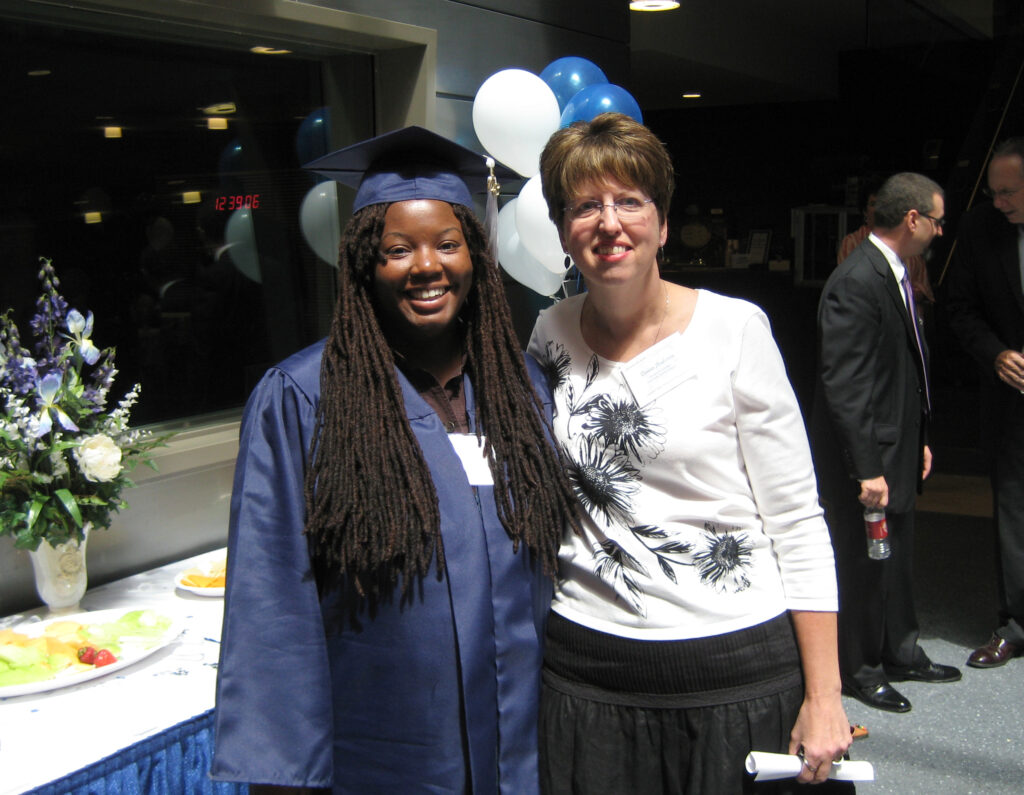With final exams coming up, it is important to brush up on your test taking skills. There are many strategies to perform better on exams. Here are some tips to help your semester wrap up well.
Test Preparation
When it comes to test taking, preparation is a key element. It is important to be as prepared as possible. Here are some tips to keep in mind while reviewing your notes and class texts:
- Focus on all headings and subheadings.
- Know all bold faced or italicized words.
- Review all summary sections and review questions.
- Review aloud key concepts.
For more tips on test preparation, visit this test taking website.
Before You Answer Any Questions
Before diving head first into an exam, it is important to take some quick precautions. Check out these tips:
- Preview the test before you answer anything.
- Quickly calculate how much time you will need for each section by doing a survey of the entire test.
When Taking the Test
Test taking can be tricky. Here are some tips on how to go about it:
- Answer the easy questions first.
- Express difficult questions in your own words. Do this by walking yourself through the questions step by step.
- Use all the time allotted for the exam.
Different Types of Test Questions
Different strategies can be used depending on the type of questions asked. Here are some tips for essay exam questions, multiple choice exam questions, and true/false exam questions:
Essay Exam Questions
- Read the question several times
- Rephrase the question into a thesis statement by taking the question and turning it into a statement.
- Outline the main points you want to cover.
- Write your essay.
Multiple Choice Exam Questions
- Anticipate the answer.
- The answer may have been given away in another question.
- Be aware of words like “always,” “never,” “must,” and “completely,” and remember the answer must meet that requirement if it is chosen.
- Reread questions containing “not” or “least” to be sure you know what the question is asking.
True/False Exam Questions
- Statements with the following words are likely to be false: “all,” “only,” “always,” “never.”
- Statements with the following works are likely to be true: “none,” “generally,” “usually.”
- Watch for modifying or limiting phrases such as names, dates, and places.
- Be alert for multiple ideas or concepts within the same statement.
- Be cautious about changing your answer without a good reason because your first guess is more likely to be correct.
For more information on test taking, visit this test taking website.
Good luck!




